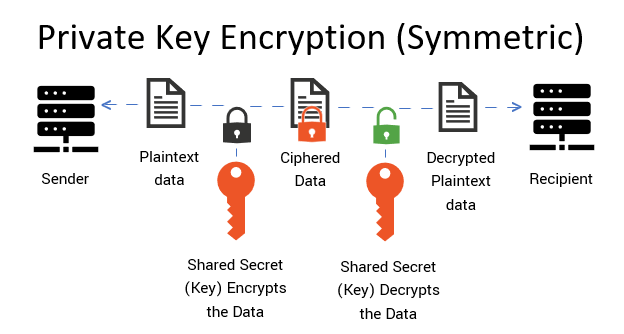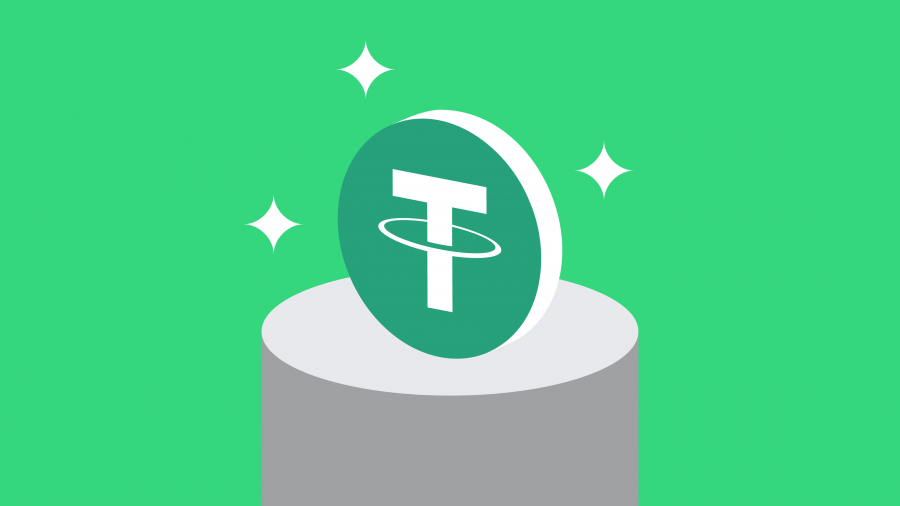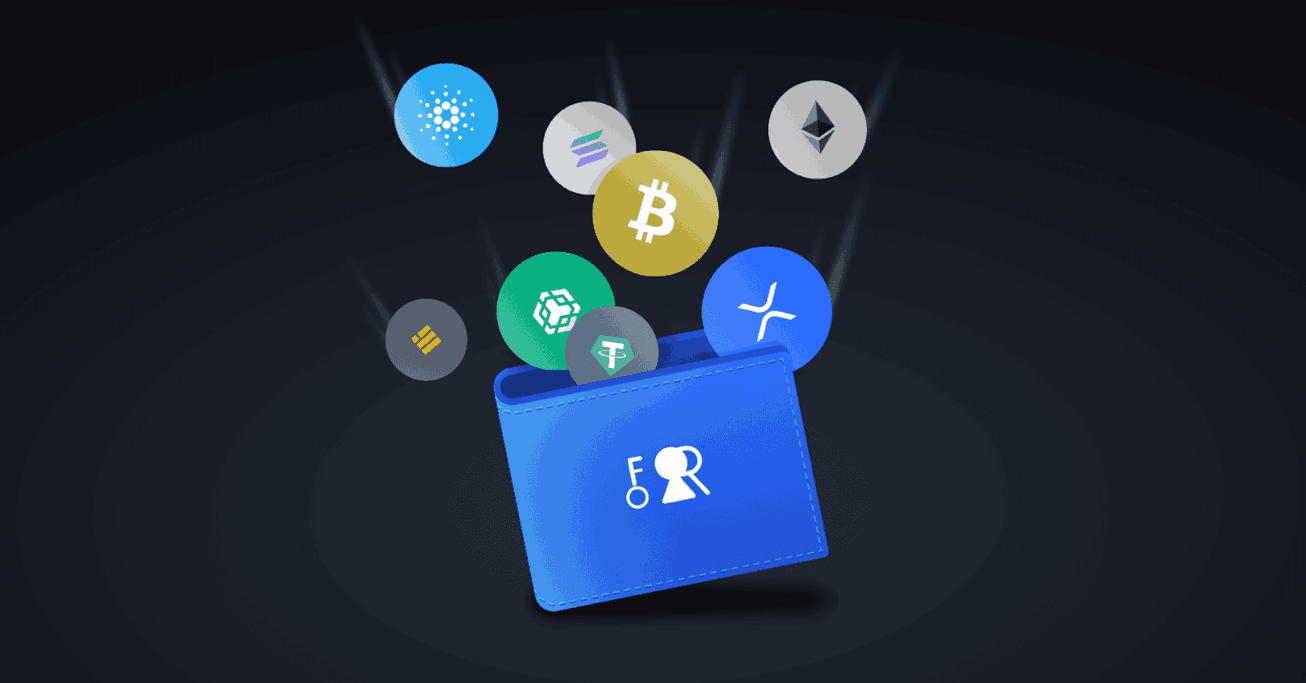In the world of cryptocurrencies, keeping your digital assets safe is a must. Whether you’re new to crypto or a seasoned investor, understanding crypto wallets 2025 is crucial to safely managing your holdings. This guide will cover the basics of crypto wallets, the different types available, and tips for choosing the best wallet for your needs.
What Are the Basics of a Crypto Wallet?
Crypto wallets are digital tools that allow you to store, send, and receive cryptocurrencies. They hold your private and public keys, which are needed to access and manage your assets. Think of a crypto wallet as a secure digital vault where you can keep your cryptocurrencies.
Private and Public Keys
- Private key: This is a secret key that gives you access to your cryptocurrencies. It must be kept confidential and secure.
- Public key: This is like your wallet’s address, which you can share with others to receive funds.

Which crypto wallet is best for beginners?
For beginners, it’s best to start with a wallet that is user-friendly and offers strong security features. Here are some good options:
- Exodus Wallet: Known for its intuitive interface and support for multiple cryptocurrencies.
- Coinbase Wallet: Integrated with the Coinbase exchange, making it easy to manage and trade assets.
- Trust Wallet: Offers a simple interface and is compatible with a variety of assets.
These wallets are easy to set up and use, making them ideal for newcomers to the crypto world.
What are the three types of crypto wallets?
Crypto wallets come in three main types, each with their own advantages and disadvantages:
1. Software wallets
- Hot wallets: These are online wallets that provide easy access to your funds but are more vulnerable to hacking. Examples include mobile and desktop wallets.
- Web wallets: Accessed via a web browser, these wallets offer convenience but also present higher security risks.
2. Hardware Wallets
- Cold Wallets: These are physical devices that store your private keys offline, making them less vulnerable to online attacks. Examples include the Ledger Nano S and Trezor.
3. Paper Wallets
- Offline Storage: A paper wallet is a physical printout of your private and public keys. Despite being extremely secure against online threats, it can easily be lost or damaged.
How do I choose a good crypto wallet?
Choosing a crypto wallet involves evaluating several factors to make sure it meets your needs:

1. Security features
Look for wallets that offer advanced security measures such as two-factor authentication (2FA), encryption, and backup options.
2. Ease of use
Choose a wallet with an intuitive interface and straightforward setup process, especially if you’re new to cryptocurrencies.
3. Supported assets
Make sure the wallet supports the cryptocurrencies you plan to use. Some wallets are designed for specific assets, while others support a wide range.
4. Customer support
Good customer support can be crucial if you encounter any problems with your wallet. Check if the wallet provider offers reliable support channels.
Can I create my own crypto wallet?
Yes, you can create your own crypto wallet. However, this requires advanced technical knowledge and expertise in security practices. Most users find it more practical to use an established wallet with strong security features.
Is Binance a crypto wallet?
Binance is primarily known as a cryptocurrency exchange rather than a wallet. It offers a wallet service called Binance Wallet, but its main function is to facilitate the trading and exchange of cryptocurrencies. For long-term storage and security, a dedicated wallet is recommended.
Which is the most trustworthy crypto wallet?
The most trustworthy crypto wallets are those that have a strong reputation for security and user satisfaction. Some of the most trustworthy options include:
- Ledger Nano X: Known for its high-security standards and wide range of supported assets.
- Trezor Model T: Offers strong security features and an easy-to-use interface.
- Exodus Wallet: Praised for its user-friendly design and solid security features.
How to convert crypto to cash?
Converting crypto to cash involves a few steps:
- Choose an exchange: Use a reputable exchange like Coinbase or Binance that supports fiat currency withdrawals.
- Sell your crypto: Transfer your crypto to an exchange and sell it for the fiat currency you want.
- Withdraw funds: Once the sale is complete, withdraw cash to your bank account.
Are crypto wallets free?
Many crypto wallets are free to use, but some may charge fees for certain transactions or features. Hardware wallets typically require a one-time purchase fee, but they offer increased security.
What is USDT?

USDT, or Tether, is a type of stablecoin that is pegged to the value of the US dollar. It aims to maintain a 1:1 value ratio with the dollar, making it a popular choice for trading and preserving value within the crypto ecosystem.
How to check a crypto wallet?
To check your crypto wallet:
- Open your wallet: Access your wallet through its app or website.
- View balance: Your wallet’s dashboard should display your current balance and transaction history.
- Verify security: Make sure your wallet’s security settings are active and up to date.
How do I open a crypto wallet?
Opening a crypto wallet typically involves these steps:
- Choose a wallet: Choose a wallet that fits your needs (software, hardware, or paper).
- Download or purchase: Download wallet software or purchase a hardware wallet.
- Setup and backup: Follow the setup instructions and create a secure backup of your private keys.
- Fund your wallet: Transfer some cryptocurrency to your new wallet to start using it.
Which crypto wallet has the lowest fees?
Wallet fees vary depending on the type and provider. Typically:
- Software wallets: Often have low fees, but check the terms of individual wallets.
- Hardware wallets: Usually involve a one-time purchase fee, but there are minimal ongoing costs.
- Web wallets: Fees can vary depending on the service provider.
Which wallet is safe from online hackers?
Cold wallets such as hardware wallets and paper wallets are less susceptible to online hacking because they store your private keys offline. However, no wallet is completely secure, so it’s essential to follow best practices for security.
What is a cold wallet?
A cold wallet is a type of crypto wallet that stores your private keys offline, away from internet access. This method provides increased security against online threats, but requires physical storage.
What are the basics of a digital wallet?
Digital wallets are similar to crypto wallets but can store various forms of digital assets, including cryptocurrencies, gift cards, and loyalty cards. They facilitate online transactions and provide convenience for managing digital assets.
What are the basic concepts of crypto?
The basic concepts in crypto include:
- Blockchain: A decentralized ledger that records all transactions.
- Cryptography: The use of encryption to secure transactions and control the creation of new units.
- Decentralization: The distribution of control and decision-making away from a central authority.
What is a key in a crypto wallet?
In a crypto wallet, the key refers to either the private key or the public key. The private key is used to sign transactions and access funds, while the public key is used to receive funds and verify transactions.
What are the basics of crypto options?
Crypto options are financial instruments that give investors the right, but not the obligation, to buy or sell cryptocurrencies at a predetermined price within a specified time frame. They provide a way to hedge against price fluctuations and speculate on future price moves.
Conclusion (Understanding Crypto Wallets 2025)
By following these guidelines and staying informed about the latest developments in cryptocurrency security, you can protect your digital assets and navigate the crypto space with confidence. As technology continues to advance, staying informed of new security practices and wallet options will help you stay ahead of the curve and protect your investments in 2025 and beyond.
In understanding crypto wallets 2025, it is essential to understand the basics and advancements that are shaping digital asset management this year. As cryptocurrencies continue to grow in popularity, understanding crypto wallets 2025 involves recognizing the latest trends and best practices for securing your assets. Whether you are a novice or an experienced user, this year’s developments in wallet technology are crucial for effective management.
Understanding crypto wallets 2025 begins with recognizing the different types of wallets available. The evolution of these wallets reflects significant changes in security and usability. In understanding crypto wallets 2025, it is clear that there are three primary types: software wallets, hardware wallets, and paper wallets. Each type offers unique benefits and is suited to different user needs.
When understanding crypto wallets 2025, it is important to choose a wallet that suits your specific needs. Advancements in wallet technology this year have introduced more user-friendly options with enhanced security features. For example, the best practices in Understanding Crypto Wallets 2025 emphasize the importance of choosing a wallet that supports multiple cryptocurrencies and provides robust protection against potential threats.
In Understanding Crypto Wallets 2025, a major focus is on the integration of advanced security measures. This includes two-factor authentication and the use of encrypted private keys. Keeping up with these innovations is essential to maintaining the security of your assets. As part of Understanding Crypto Wallets 2025, it is also beneficial to know how these security features compare between different wallet providers.
For those new to the world of cryptocurrencies, Understanding Crypto Wallets 2025 provides the basis for choosing the best wallet. Advancements in wallet technology this year have made it easier to manage and secure digital assets. Knowing how to set up and use a wallet effectively is a key component of Understanding Crypto Wallets 2025.
Finally, Understanding Crypto Wallets 2025 also includes knowing how to handle your crypto assets securely. This means being aware of the latest developments in wallet security, transaction methods, and asset management strategies. By staying informed about understanding crypto wallets 2025, you can ensure that your digital assets are managed securely and efficiently.
Key points
- Wallet types: Choose between software, hardware, and paper wallets depending on your security needs and convenience. Each type offers varying levels of security and ease of use.
- Choosing a wallet: Look for features like strong security measures, a user-friendly interface, and compatibility with your favorite cryptocurrencies.
- Creating your own wallet: While it’s possible to create your own wallet, it’s generally more practical to use an established wallet with robust security features.
- Security and trust: Choose wallets with a strong reputation for security and customer support. Cold wallets are particularly effective against online threats.
- Managing and converting crypto: Understand how to check your wallet, convert crypto to cash, and effectively manage your assets to maintain control over your investments.
In conclusion, understanding crypto wallets 2025 involves staying updated on the latest technological advancements and best practices in digital asset management. As the cryptocurrency landscape continues to evolve, staying aware of these changes will help you make informed decisions and effectively secure your investments. Discover more valuable insights and tools by visiting our MyTechAngle and explore all that we offer.



